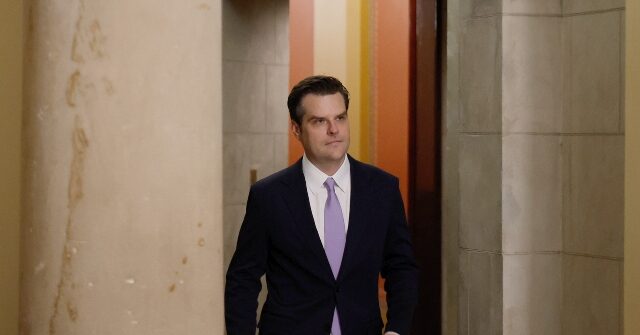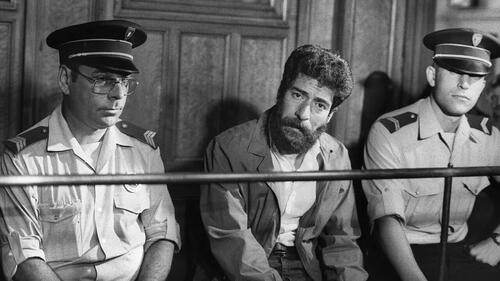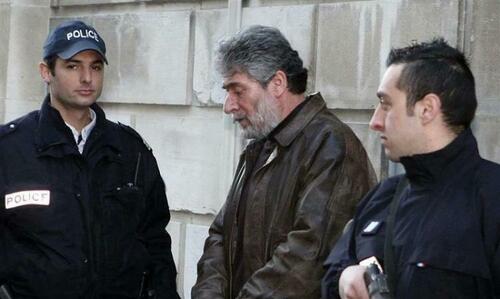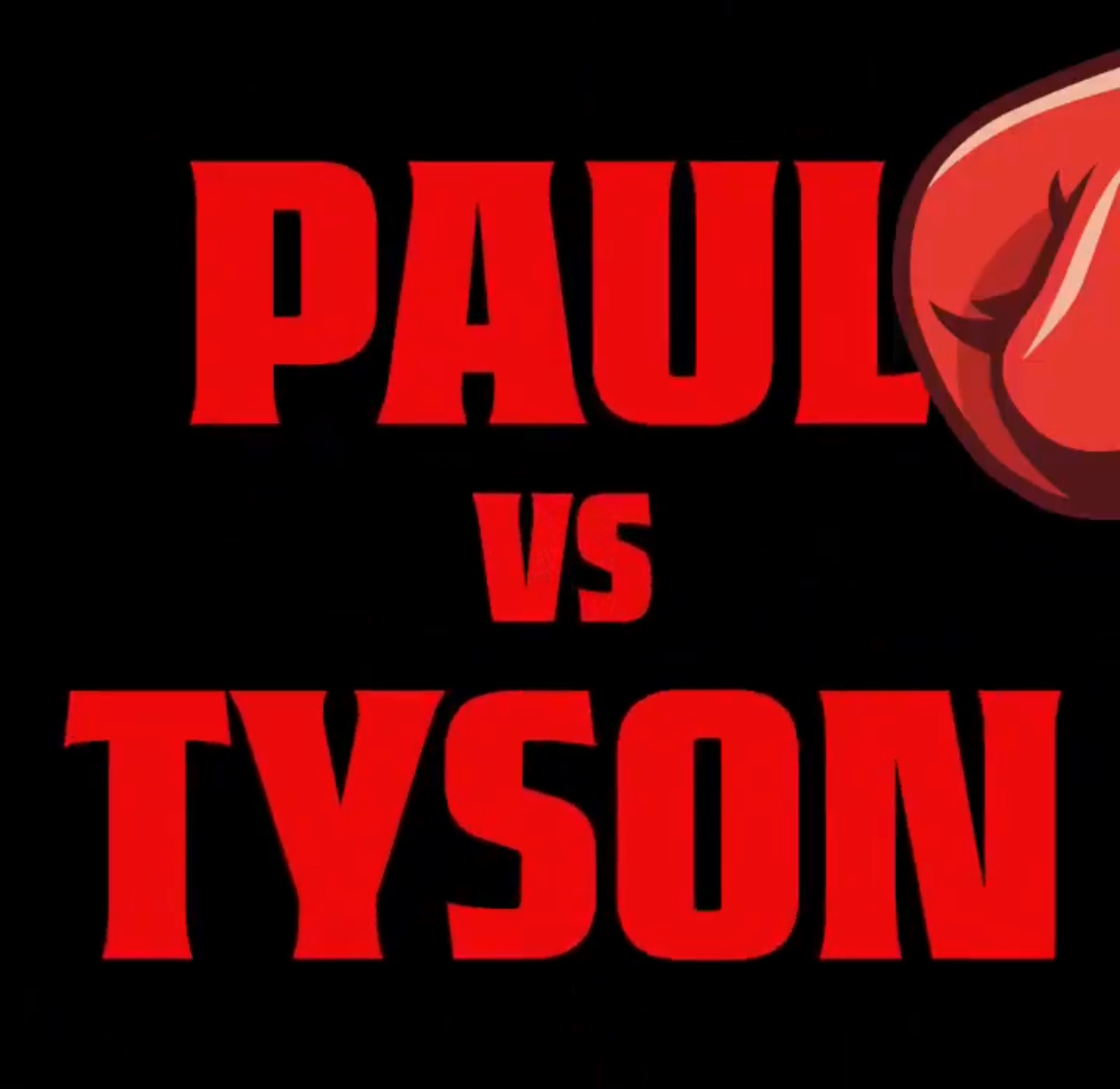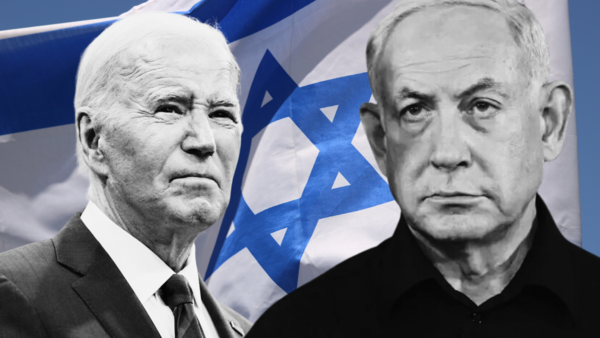
One of the most dangerous paths the U.S. could take in its foreign policy is to undermine Israel’s ability to defend itself. A strong Israel isn’t just about the survival of the Jewish state; it’s about maintaining stability in the Middle East and securing American interests worldwide. If the U.S. pressures Israel to refrain from taking necessary actions against its enemies, it would jeopardize both Israeli security and the broader strategic landscape that benefits the U.S.
This has never been clearer than in the past year. On October 7th, 2023, Hamas, Hezbollah, and the entire Iranian proxy-terror network launched a war designed to massacre as many Jews as possible and destroy the state of Israel. This was not a spontaneous attack—it was a well-coordinated plan that had been years in the making, driven by Iran, Hamas, Hezbollah, with support from Qatar, and the Palestinian Authority. Yet, until that devastating day, Israel had not decisively acted to preempt this plan.
In the aftermath of the October 7th massacre, Israel’s leadership finally made the necessary decisions to decimate its enemies and shift the region’s strategic balance. But these decisions were made in defiance of immense pressure from the Biden/Harris administration, which sought to limit Israel’s response. It is vital for American foreign policymakers to understand the risks of constraining Israel’s actions. Doing so would only embolden our shared enemies, while destabilizing a region crucial to both Israeli and American security.
First, let’s recognize the miracles that occurred. Without any clear explanation, Hamas launched its brutal assault on October 7th without informing Iran or Hezbollah of their intentions. Why does this matter? Because Iran had coordinated a much broader plan, involving a simultaneous ground invasion by Hezbollah in Northern Israel. The result would have been a massacre of innocent Israelis in the North, similar to the horrors of the South, combined with missile barrages from Lebanon, Syria, Yemen, and Iraq. Had this full plan been executed, Israel might not have survived.
This miraculous miscoordination gave Israel the time it needed to fight back and prevent total destruction. Another miracle was the bravery of hundreds of ordinary Israelis. While it took hours for the IDF to fully mobilize, countless civilian heroes left their families—some armed, some not—and rushed into the fray. They fought back against Hamas without waiting for orders, stopping what could have been an even greater massacre that would have spread to other cities and towns. These brave citizens acted with the courage and spirit of King David, saving thousands of Israeli lives.
Since that day, Israel has made historic and bold moves that are reshaping the region’s strategic landscape. For decades, Israel has been surrounded by Iranian-backed terror groups, with Hezbollah in the North acting as a major deterrent to any Israeli action against Iran’s nuclear program. Hezbollah’s precision rockets were viewed as capable of destroying Israel, and that threat loomed large over any decision to act against Iran.
But today, Israel is dismantling those threats. Hamas is being obliterated in Gaza. Hezbollah’s tunnel networks and weapons caches are being systematically destroyed in Lebanon. And for the first time in years, Israel is openly discussing the possibility of taking decisive action against Iran’s nuclear capabilities. Israel’s strategic position is now stronger than it has been in decades, thanks to Prime Minister Netanyahu’s leadership.
Prime Minister Netanyahu has had to overcome immense pressure to bring Israel to this point. The Biden administration consistently pressured Israel to limit its offensive in Gaza, particularly when it came to capturing Rafah, the key smuggling route for weapons from Egypt. But Netanyahu understood that without cutting off Hamas’ lifeline, Israel would never fully neutralize the threat. He pushed ahead, even when it meant standing up to Washington.
Netanyahu also faced opposition from within Israel’s own security establishment. Senior IDF and intelligence officials were hesitant to launch a full-scale offensive in Gaza, and they advised against targeting Hezbollah in Southern Lebanon. But Netanyahu recognized the necessity of these actions, even when Israel’s own experts resisted.
Perhaps the boldest move came when Israel targeted Hezbollah’s leadership, using James Bond-like tactics involving beepers and walkie-talkies to neutralize mid-level commanders. Much of Israel’s security leadership was also against this strike, which turned into being a turning point in Israel’s war with Hezbollah, demonstrating to Israelis that we can handle Hezbollah and neutering its leadership. Netanyahu took this decision despite widespread fears about Hezbollah’s rocket arsenal, showing once again his determination to safeguard Israel.
One of the most significant moments of this past year was when Netanyahu authorized an attack on Hezbollah’s leader, Hassan Nasrallah, in the heart of Beirut—without informing the Biden/Harris administration. He knew that if Washington had been consulted, the answer would have been “no.” But Netanyahu also knew that Israel’s security could not be compromised by waiting for American approval. This level of independence is crucial to Israel’s survival, and it should serve as a warning to U.S. policymakers: Israel must be allowed to do what is necessary to defend itself, even if it means acting without asking first for U.S. approval.
Looking back, it’s astonishing to realize how far we’ve come. Hezbollah, which was once positioned to use its tunnel networks to launch a devastating attack on Israel, and a key Iranian deterrence against Israel, is now being systematically dismantled. Instead of Israel fearing an Iranian led massacre with a beachhead from the North, it is Israel that holds the upper hand, eliminating tunnels, confiscating weapons, and neutralizing Iranian and Hezbollah threats.
Even more remarkable is the fact that key Israeli leaders—including figures like Benny Gantz and Yair Lapid—were ready to halt the war in Lebanon months ago. Gantz even suggested delaying a conflict with Hezbollah for another year or two, as if the international community would grant us legitimacy down the road. But Netanyahu didn’t listen to these voices of caution. He acted, and because of his leadership, we are seeing the destruction of Hezbollah’s command, the neutering of Iran’s deterrent and a total chance in the geo-strategic position of Israel.
Here’s the bottom line: Israel’s strength is not just about Israel. It is about securing the Middle East and protecting American interests. A strong Israel ensures that Iran’s ambitions to dominate the region, and terrorize the freedom-loving world, are checked. A weak or restrained Israel, on the other hand, would embolden Iran and its proxies, destabilizing the Middle East and threatening global security.
It is dangerous for the Biden/Harris administration to tie Israel’s hands. Washington must allow Israel to continue doing what it does best—defending itself, its people, and by extension, contributing to the stability of the region. Israel is the only freedom-loving country willing to take on Iran, the largest state sponsor of terrorism in the world. All the other Western leaders have shown that they prefer business and appeasement with the Islamic terror state of Iran. The success of Israel’s actions directly affects U.S. foreign policy and security.
Despite the pain of October 7th, Israel is now in a far better strategic position than at any time since its founding in 1948. We are systematically dismantling the terror networks that have threatened us for decades, and we are stronger, more resilient, and better prepared to face future challenges. As we begin this Jewish New Year, we are undoubtedly in a better place—and that is good not only for Israel but for the entire world.
This Story originally came from humanevents.com
Stay Updated with news.freeptomaineradio.com’s Daily Newsletter
Stay informed! Subscribe to our daily newsletter to receive updates on our latest blog posts directly in your inbox. Don’t let important information get buried by big tech.
Current subscribers:

